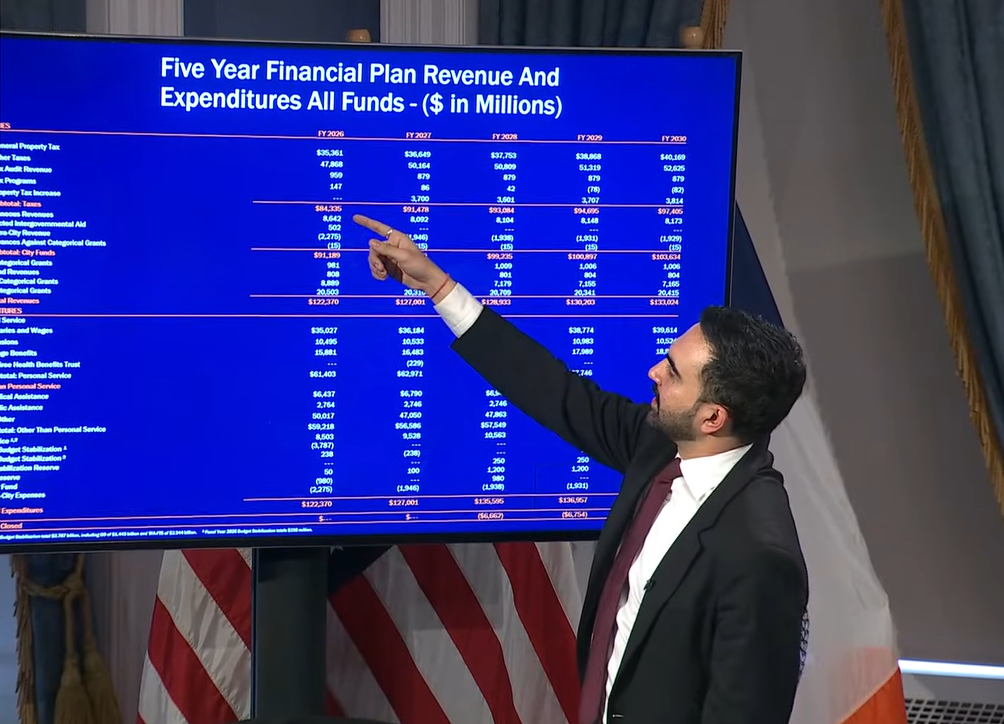Are you constantly bombarded by those radio advertisements about donating your car or other vehicle to a charitable organization? The tax benefits for making such a charitable contribution are real enough but they come with some strings attached. If your clients aren’t careful, they could end up with a deduction that is lower than the one they bargained for – or no deduction at all.
In the past, donating cars to charity was a win-win situation for the donor and organization, even if you were giving away a lemon. All you had to do was arrange the pick-up or drop-off, refer to an auto-buying guide like the Kelley Blue Book (KBB), and then deduct the cart’s fair market value based on the figures in the guide. But taxpayers got greedy – as they tend to do – and often overstated these values on their tax returns, so Congress felt compelled to tighten up the rules in 2004.
If you use a buying guide such as the KBB to set the car’s fair market value, the deduction may be reduced if the charity turns around and sells the vehicle, as many are likely to do. For instance, if you have valued the car at $5,000 and the charity sells it for $4,000, your deduction is limited to the sales price, or $4,000. Furthermore, if you try to claim a deduction of $500 or less for a car, the deduction is equal to the lesser of $500 or the fair market value of the car.
The charity must provide you with a written substantiation of the deduction value on Form 1098-C (Contributions of Motor Vehicles, Boats, and Airplanes) within 30 days of your contribution or, if it sells the vehicle, within 30 days of the sale. This is the proof you’ll need if the IRS ever challenges the deduction amount. If you haven’t heard from the charity within the 30-day deadline, get on the phone pronto to secure the necessary paperwork.
For the most part, deductions for vehicles will be lower than they were before the tax law changes were instituted a decade ago and usually less than the amount of the fair market value. But there’s one silver tax lining in the revised rules: If the charity “materially improves” the vehicle for its own use – for instance, it repairs a bent fender or installs new feature like a navigation system – you can still deduct the car’s fair market value.
The best approach is to tell clients not to jump at the first opportunity to donate a car a charity. It may pay to search for an organization that will agree to fix it up and use the vehicle for its stated charitable purposes.
Thanks for reading CPA Practice Advisor!
Subscribe Already registered? Log In
Need more information? Read the FAQs
Tags: Income Taxes




